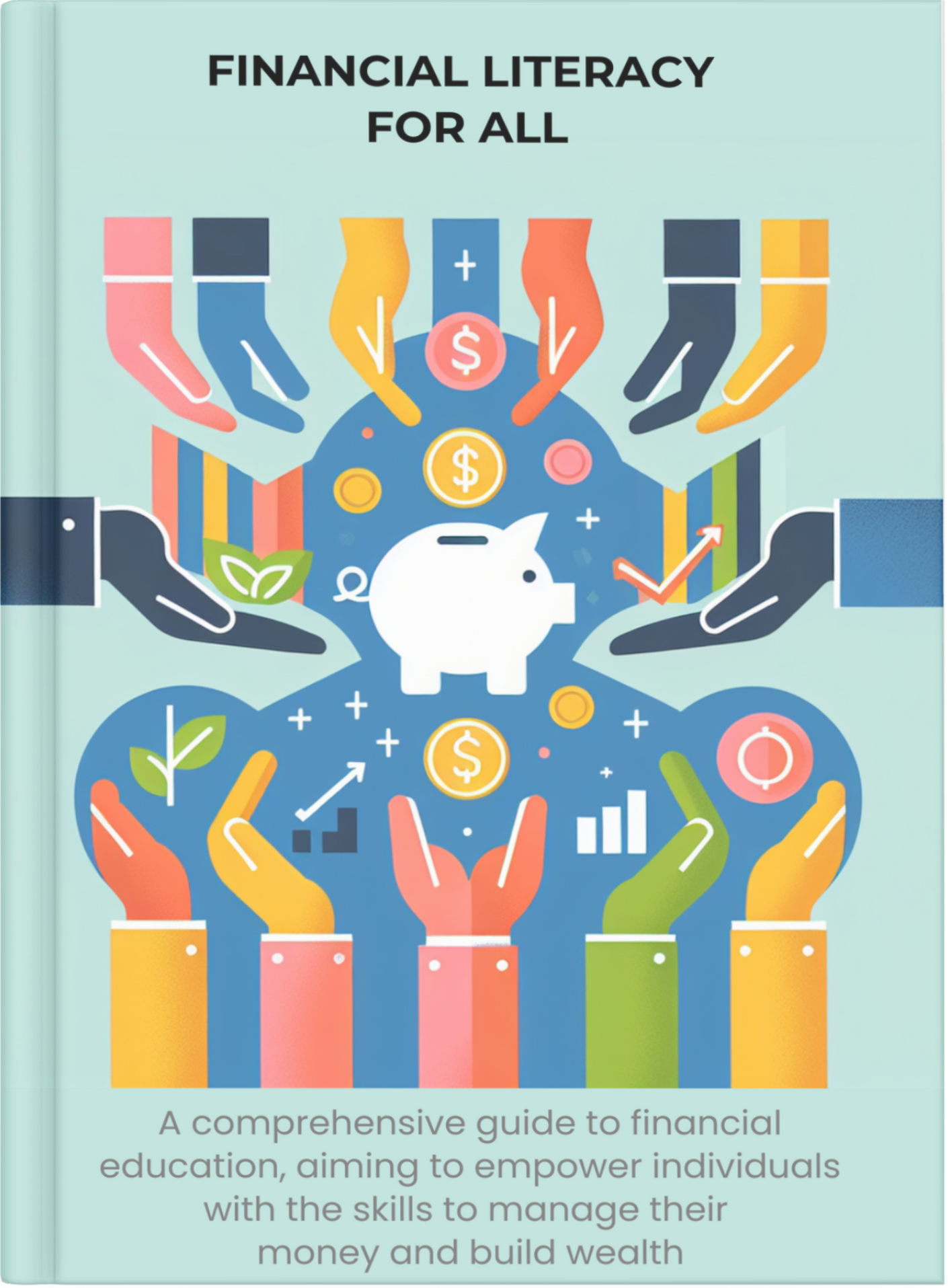
Financial Literacy for All
John Hope Bryant
Financial Literacy for All by John Hope Bryant is a comprehensive guide aimed at educating individuals on the importance of financial literacy and providing practical steps to achieve financial stability and success. The book covers a wide range of topics including budgeting, saving, investing, credit management, and the psychological aspects of money management. Bryant emphasizes the role of financial literacy in empowering individuals and communities, and offers actionable advice to help readers take control of their financial futures.
0:000:00
Keypoint 1: The Importance of Financial Literacy
Financial literacy is the foundation upon which financial stability and success are built. It is the ability to understand and effectively use various financial skills, including personal financial management, budgeting, and investing. Financial literacy is not just about knowing how to balance a checkbook or compare prices; it is about understanding how money works in the world, how to make informed and effective decisions with all of your financial resources, and how to manage financial risks.
One of the primary reasons financial literacy is so important is that it equips individuals with the knowledge and skills they need to manage their money wisely. This includes understanding how to create and stick to a budget, how to save for future goals, and how to invest in a way that maximizes returns while minimizing risks. Without these skills, individuals are more likely to fall into debt, miss out on investment opportunities, and struggle to achieve financial security.
Financial literacy also plays a crucial role in helping individuals avoid financial pitfalls. For example, understanding the terms and conditions of credit cards and loans can help individuals avoid high-interest debt and the negative consequences that come with it. Similarly, knowing how to read and understand financial statements can help individuals make better decisions about their investments and avoid scams and fraud.
Moreover, financial literacy is essential for long-term financial planning. It enables individuals to set realistic financial goals, develop a plan to achieve those goals, and adjust their plan as needed over time. This includes planning for major life events such as buying a home, starting a family, or retiring. By being financially literate, individuals can make informed decisions that will help them achieve their long-term financial objectives.
In addition to benefiting individuals, financial literacy also has a positive impact on communities and society as a whole. When individuals are financially literate, they are more likely to contribute to the economy by saving and investing, which can lead to economic growth and stability. Furthermore, financially literate individuals are less likely to rely on social safety nets, reducing the burden on government resources.
In conclusion, financial literacy is a critical skill that everyone should strive to develop. It empowers individuals to take control of their financial futures, avoid financial pitfalls, and achieve their long-term financial goals. By promoting financial literacy, we can create a more financially stable and prosperous society.
One of the primary reasons financial literacy is so important is that it equips individuals with the knowledge and skills they need to manage their money wisely. This includes understanding how to create and stick to a budget, how to save for future goals, and how to invest in a way that maximizes returns while minimizing risks. Without these skills, individuals are more likely to fall into debt, miss out on investment opportunities, and struggle to achieve financial security.
Financial literacy also plays a crucial role in helping individuals avoid financial pitfalls. For example, understanding the terms and conditions of credit cards and loans can help individuals avoid high-interest debt and the negative consequences that come with it. Similarly, knowing how to read and understand financial statements can help individuals make better decisions about their investments and avoid scams and fraud.
Moreover, financial literacy is essential for long-term financial planning. It enables individuals to set realistic financial goals, develop a plan to achieve those goals, and adjust their plan as needed over time. This includes planning for major life events such as buying a home, starting a family, or retiring. By being financially literate, individuals can make informed decisions that will help them achieve their long-term financial objectives.
In addition to benefiting individuals, financial literacy also has a positive impact on communities and society as a whole. When individuals are financially literate, they are more likely to contribute to the economy by saving and investing, which can lead to economic growth and stability. Furthermore, financially literate individuals are less likely to rely on social safety nets, reducing the burden on government resources.
In conclusion, financial literacy is a critical skill that everyone should strive to develop. It empowers individuals to take control of their financial futures, avoid financial pitfalls, and achieve their long-term financial goals. By promoting financial literacy, we can create a more financially stable and prosperous society.

